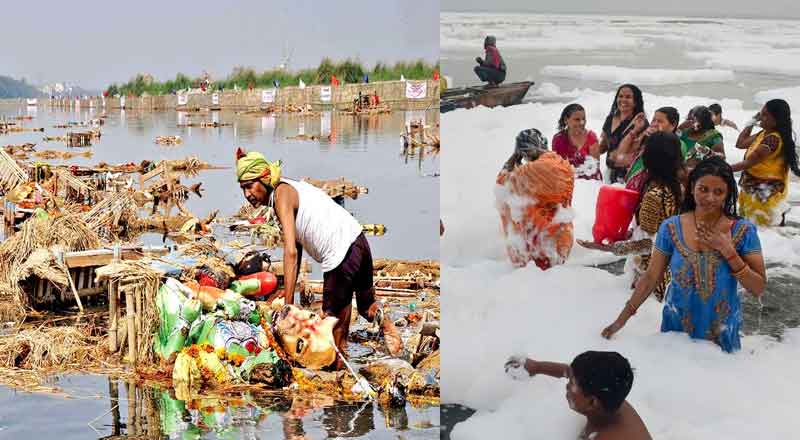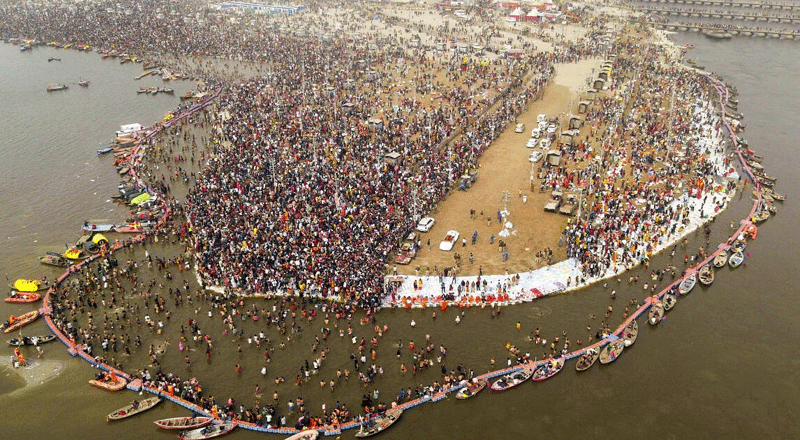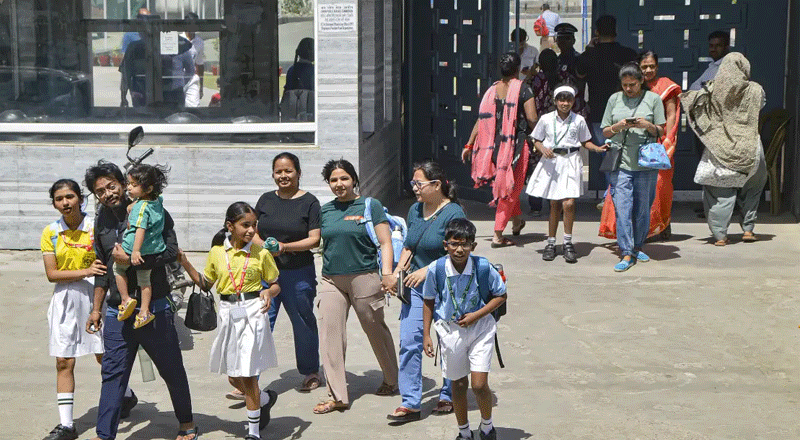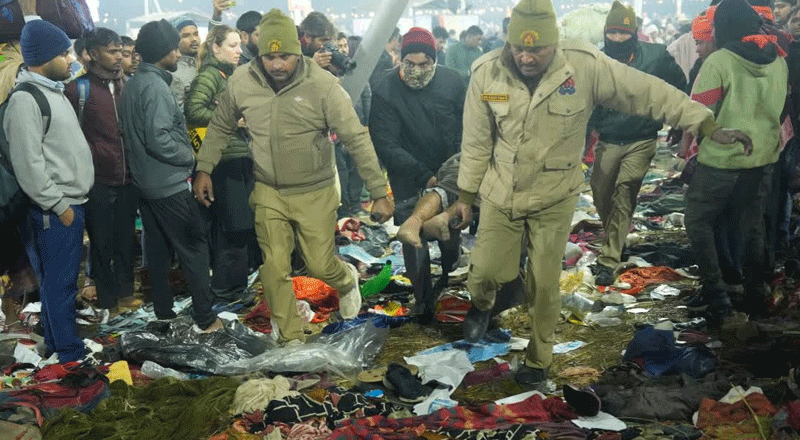As the annual Chhath Puja festival commenced, the Delhi High Court reaffirmed its decision to restrict the celebration along the banks of the Yamuna River due to high pollution levels. A Public Interest Litigation (PIL) was filed by devotees challenging the ban and seeking permission to conduct the rituals at traditional sites along the river. However, the court upheld the restrictions, citing severe contamination of the Yamuna and potential health risks associated with using its waters.
Court’s Rationale: Health Risks from Polluted Waters
The Delhi High Court, led by Chief Justice Satish Chandra Sharma, emphasized the health risks posed by exposure to the Yamuna’s heavily polluted waters. A recent case referenced by the court involved an individual who fell ill after bathing in the river, underscoring the potential dangers of contact with its toxic waters. The court reiterated that public safety and health are paramount, especially in cases where millions gather, as in Chhath Puja.
Justice Subramonium Prasad, who was also on the bench, addressed the petition filed by the Chhath Puja Sangharsh Samiti, represented by advocate V.S. Dubey. The petitioners argued that devotees’ rights to worship were being infringed upon by the ban, which restricted their ability to perform the rituals in a manner consistent with tradition.
Background of the Ban and Alternative Arrangements
The Delhi government initially imposed the ban on Chhath Puja at the Yamuna banks in October 2021, citing COVID-19 concerns and public safety. Although COVID restrictions have since eased, the government maintained the ban due to persistent pollution in the river. Despite the argument from petitioners that the ban infringed upon their religious freedoms, the court noted that nearly 1,000 alternative locations had been arranged across Delhi to facilitate Chhath Puja in safer conditions.
The government’s counsel highlighted these alternative locations, which are equipped with the necessary facilities for devotees. The court, satisfied with the provisions for alternative sites, reiterated that public health must take precedence over traditional customs in this instance.
Arguments Presented by Petitioners
The petitioners contended that the Delhi government lacked the legal authority to impose such restrictions on a religious gathering. They also argued that the ban was implemented without due consideration of devotees’ rights to freely practice their religion. The petitioners referenced the fundamental right to worship and contended that the restrictions were an infringement on the rights of approximately 30-40 lakh devotees from Delhi and neighboring states like Haryana and Uttar Pradesh.
However, the High Court dismissed these arguments, maintaining that the right to worship must be balanced against public safety and environmental considerations.
The Court’s Conclusion: Alternative Sites for Safe Worship
With the court standing firm on the ban, devotees are encouraged to use the designated ghats and alternative areas for Chhath Puja rituals. The decision serves as a reminder of Delhi’s severe pollution crisis and the urgent need for environmental remediation efforts along the Yamuna. The court emphasized that these alternative arrangements will allow devotees to celebrate the festival without risking exposure to hazardous water.
To conclude, the Delhi High Court’s decision to uphold the ban on Chhath Puja at the Yamuna banks highlights the delicate balance between preserving cultural traditions and ensuring public safety. While the ruling may have disappointed devotees, it underscores the reality of Delhi’s pollution crisis and the urgent need for improved water quality in the Yamuna. As Chhath Puja celebrations continue at designated safe locations, the court’s message is clear: the protection of public health and environmental well-being must remain a priority, even in the face of deep-rooted traditions.
(With inputs from agencies)





